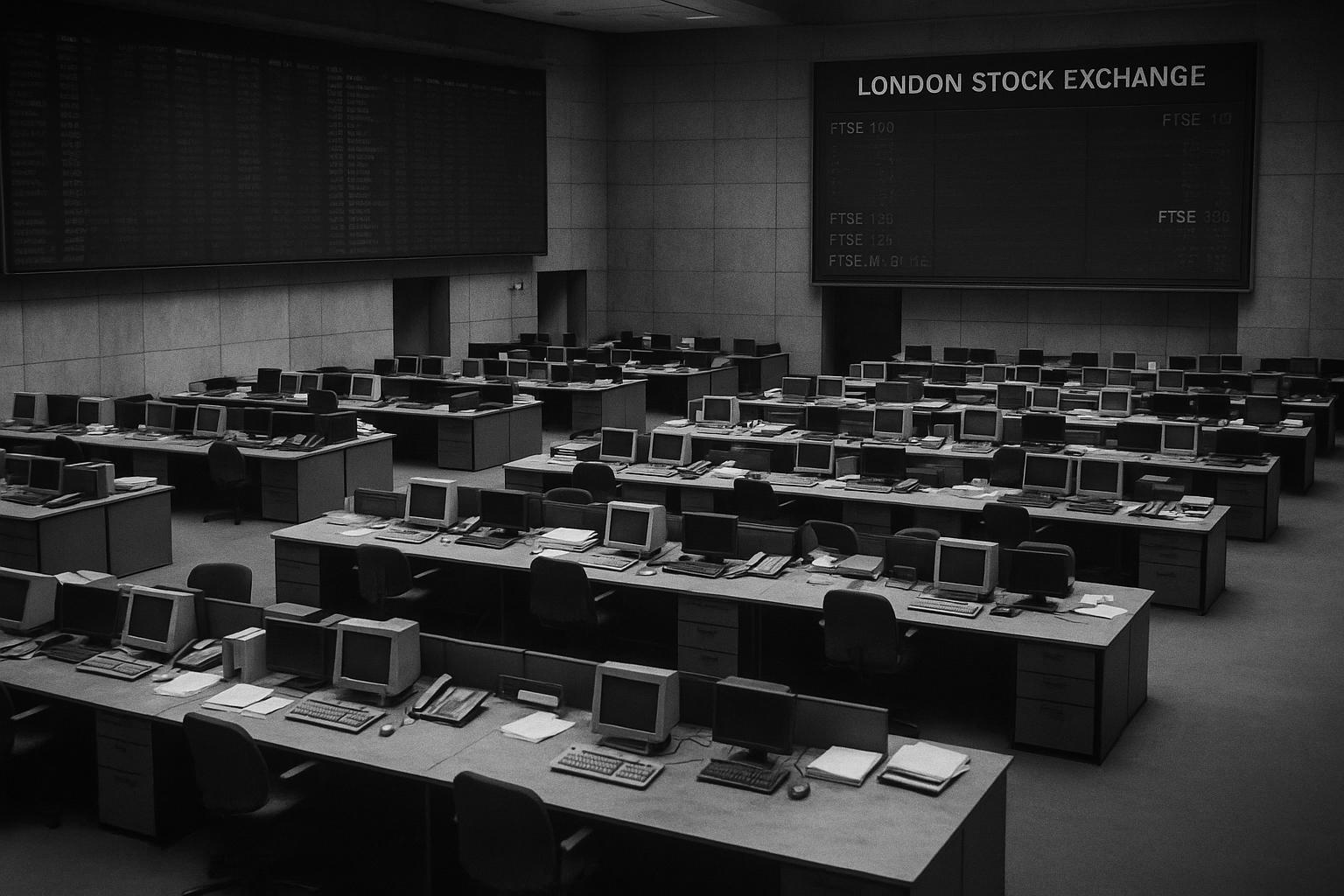Peel Hunt has issued a stark warning about the ongoing exodus of companies from the London Stock Exchange, describing it as a “significant challenge” for the UK economy and the future of the City as a global financial centre. The investment bank’s chief executive, Steven Fine, expressed deep concern that the pace at which firms are being taken over or delisted is hollowing out the market, with few signs of a revival in initial public offerings (IPOs) to replenish the pool of publicly traded companies. This trend has prompted calls for urgent reforms to restore confidence and attract new listings.
This year alone, London has witnessed around 75 companies either leaving or poised to leave the stock market, collectively valued at approximately £94 billion. Notable exits include fintech firm Wise shifting its listing to New York, and takeovers of high-profile companies such as takeaway platform Deliveroo, which recently accepted a £2.9 billion bid from US giant DoorDash. Other significant firms that have departed or been targeted include building materials group CRH, gambling giant Flutter, and equipment hire company Ashtead. The low valuations prevailing in the UK market have rendered these companies attractive targets for private equity firms and overseas investors alike.
Fine highlighted the risks posed by this “feeding frenzy” of corporate buyers swooping on undervalued UK assets, which he believes will continue in the months ahead despite a mild re-rating of the market. He lamented recent reports of Australia's Macquarie seeking to acquire several British airports, questioning why such valuable infrastructure is being sold abroad rather than retained domestically. According to Fine, there is now a growing recognition within government circles that the scale of company departures and asset sales is “excessive” and potentially damaging in the longer term.
The impact of this shrinking market is already being felt by firms like Peel Hunt itself, whose pre-tax losses widened to £3.5 million over the past year amid subdued market activity driven by economic uncertainty and tariff tensions. The lack of vibrant new public listings is undermining London’s traditional appeal as a hub for SMEs and growth companies, potentially slowing economic growth and job creation. Peel Hunt warns that if the current trends persist, the London Stock Exchange could lose most of its smaller companies by 2028, threatening the depth and diversity of the market cornerstone to the UK economy.
Furthermore, the takeover battles involving private equity giants such as KKR and Advent International for companies like Spectris and Assura illustrate the fierce competition to acquire UK-listed firms. These high-profile deals illustrate a broader pattern whereby private investors are increasingly shaping the corporate landscape, often at the expense of public market vitality.
In response, Fine has called on ministers to implement measures including tax incentives and policy reforms aimed at encouraging domestic investment and making public markets more attractive. He stressed that if the UK wants to maintain London’s status as a global financial powerhouse, it must foster a vibrant public equity market that promotes transparency, liquidity, and sustained economic benefits.
As the market awaits government action, the continued outflow of companies and capital raises pressing questions about the UK’s economic future and the ability of London’s financial markets to compete globally without decisive intervention.
📌 Reference Map:
- Paragraph 1 – [1], [2], [4]
- Paragraph 2 – [1], [3], [5]
- Paragraph 3 – [1], [4], [7]
- Paragraph 4 – [1], [6], [7]
- Paragraph 5 – [1], [6]
- Paragraph 6 – [1]
- Paragraph 7 – [1], [2], [4]
Source: Noah Wire Services
